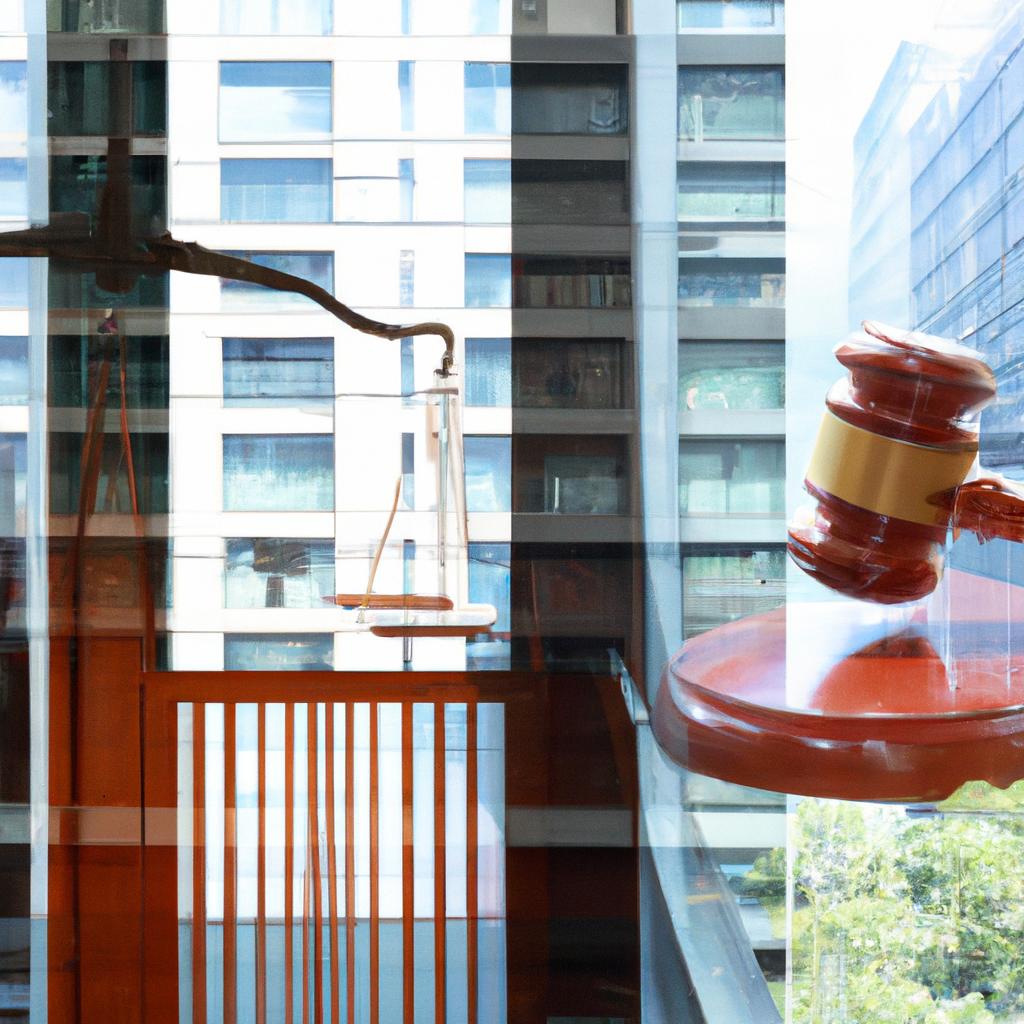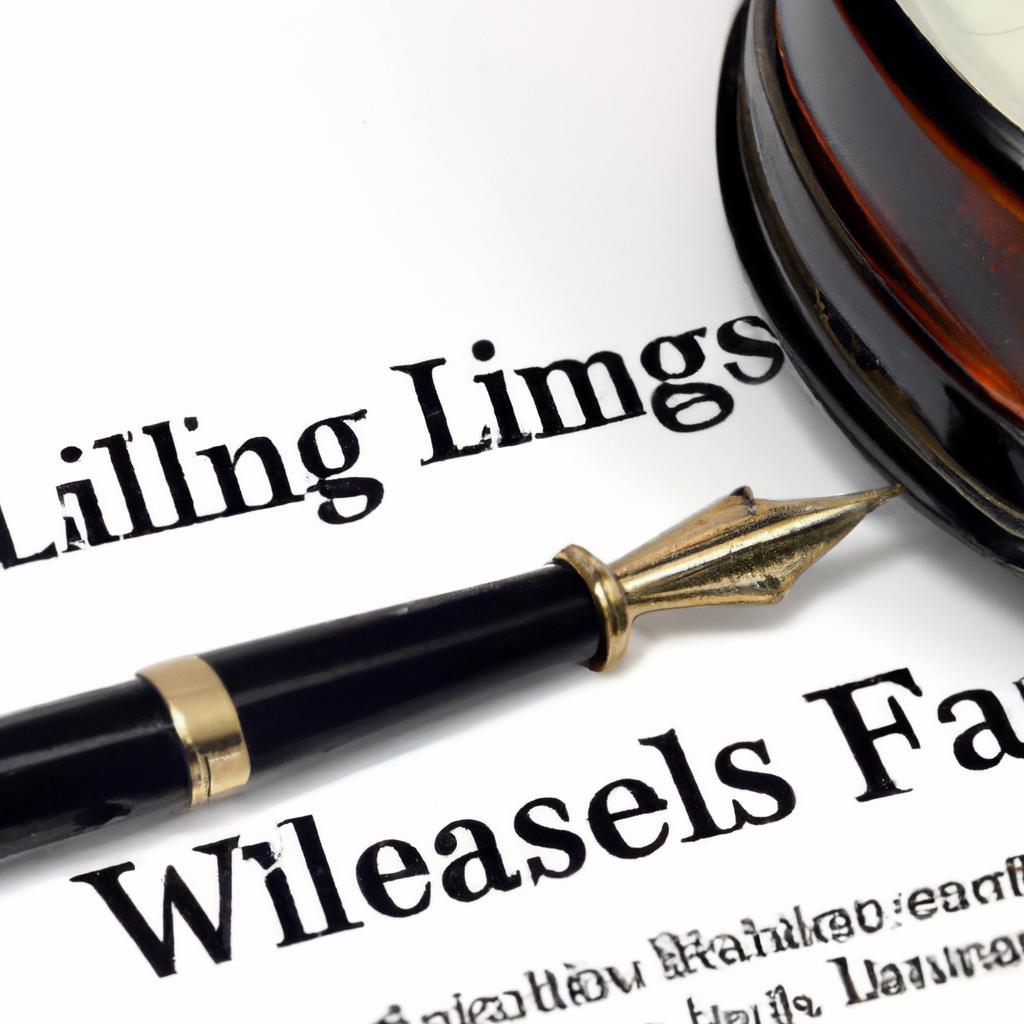Q&A
Q: When is the will read after death?
A: The reading of a will typically occurs after the death of the person who created it.
Q: Who is usually present during the reading of a will?
A: The beneficiaries named in the will, as well as the executor of the estate, are typically present during the reading of a will.
Q: Is the reading of a will a formal event?
A: The reading of a will is not as dramatic as portrayed in movies and TV shows. It is usually a private event conducted by the executor.
Q: Can the contents of a will be kept confidential?
A: Yes, the contents of a will can be kept confidential until the appropriate time for distribution to the beneficiaries.
Q: What happens if there is a dispute over the will?
A: If there is a dispute over the will, it may have to be settled in probate court.
In Summary
As we navigate the complexities of dealing with the legalities following a loved one’s passing, the question of when the will is read may seem like a trivial detail. However, understanding the process and timeline can provide clarity and ease during a challenging time. Whether the will is read shortly after death or at a later date, the important thing is that the wishes of the deceased are ultimately honored. Remember, patience and communication with legal professionals can help navigate this process with grace and respect.
 Writing a will is an essential part of planning for the future and ensuring that your final wishes are carried out. However, many people are unsure about when their wills will be read after their death. In this article, we will discuss the question of when is the will read after death and provide you with valuable information and practical tips to navigate this process.
Writing a will is an essential part of planning for the future and ensuring that your final wishes are carried out. However, many people are unsure about when their wills will be read after their death. In this article, we will discuss the question of when is the will read after death and provide you with valuable information and practical tips to navigate this process.
First and foremost, it is important to understand that the will is read after the death of the testator (the person who wrote the will). This means that the will only comes into effect after the testator has passed away. It is a common misconception that wills are read while the testator is still alive.
The reading of the will, also known as the probate process, is overseen by a court and can vary depending on the laws of the state or country in which the will was written. However, there are some general guidelines for when the will is usually read after death.
1. Soon After the Death of the Testator
In most cases, the will is read and executed soon after the death of the testator. This is because the executor (the person appointed to carry out the terms of the will) needs to secure and manage the assets and property left by the deceased, as well as distribute them according to the will’s instructions. The executor will also need to notify beneficiaries and any potential heirs of their rights and responsibilities under the will.
2. Within a Few Months
The probate process usually takes a few months, depending on the complexity of the will and any potential disputes that may arise. This is why it is important for the testator to keep their will updated and clearly outline their wishes to avoid any delays or disagreements among family members.
3. Notified Parties
All parties named in the will, including beneficiaries and potential heirs, will be notified of the death and the reading of the will. They will also be notified of their rights and responsibilities in the probate process. In most cases, an attorney or the executor will handle these notifications.
4. Contesting the Will
If there are any disputes or questions about the validity of the will, the probate process may take longer. This may occur if a family member or another party claims that the will was not written under the testator’s own free will or was influenced by someone else. In such cases, the will may be contested, and the court may have to mediate and make a decision.
5. Disbursements and Tax Payments
Once the probate process is complete, the executor will distribute the assets and property according to the will’s instructions. They will also ensure that any outstanding taxes are paid before the beneficiaries receive their inheritances. It is important to note that the estate taxes may need to be paid before any distributions are made.
In conclusion, the will is typically read and executed soon after the death of the testator and can take a few months to complete. It is important for the testator to keep their will updated and clear to avoid any delays or disputes in the probate process. If you are writing your will, it is advisable to seek advice from a legal professional to ensure that your final wishes are carried out smoothly.
Practical Tips for the Testamentary Process
Here are some practical tips to help you navigate the will reading process:
1. Keep Your Will Updated
As life changes, so do our priorities and circumstances. It is essential to review and update your will regularly to ensure that it accurately reflects your current wishes.
2. Communicate with Your Executor and Beneficiaries
It can be helpful to communicate with your executor and beneficiaries about your will and any important decisions you have made. This can help to avoid surprises or misunderstandings after your death.
3. Organize Important Documents
It is vital to keep all important documents, including your will, in a safe and accessible place. This will make it easier for your executor to locate and execute your will when the time comes.
4. Seek Professional Advice
Writing a will can be a complex and emotional process. It is advisable to seek advice from a legal professional who can guide you through the process and ensure that your will is legally valid and meets all necessary requirements.
Case Study: The Importance of Updating Your Will
John had written his will 20 years ago when he first got married and had children. However, he never updated it as his family and assets grew. When he passed away, his children were shocked to find out that they were not mentioned in his will and the entire estate went to his ex-wife, who he had divorced years ago. This situation could have been avoided if John had reviewed and updated his will to reflect his current circumstances.
First Hand Experience
“I inherited my grandmother’s estate, and it was a long and confusing process. Without a clear and updated will, my family and I had to go through many legal hoops to distribute the assets and property fairly. This experience taught me the importance of having a well-written and regularly updated will.” – Sarah, 43.
In conclusion, the will is typically read soon after the death of the testator, and the probate process can take a few months to complete. Keeping your will updated and communicating with your executor and beneficiaries can help to ensure a smooth and fair distribution of your assets and property. Seek professional advice when writing your will to ensure it is legally valid and meets all necessary requirements.




